Food Ink is removing the boundaries between technology and food industry. Hailed as the world’s first 3D printed restaurant, Food Ink serves you 3D printed food on a 3D printed table.

You can dive into your plate of delectable food with a 3D printed spoon, and it will cost you a steep £250 per head.
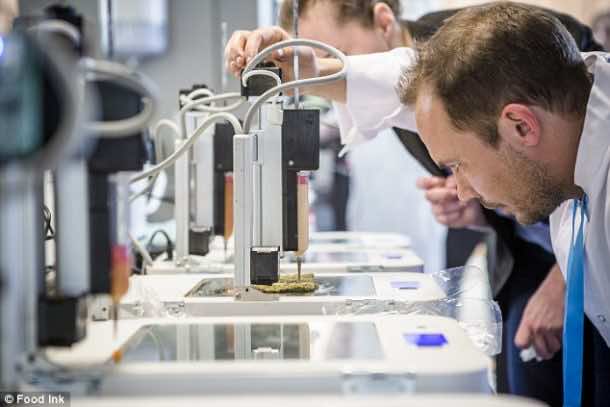
The eatery is set to open in London later this month and will offer a nine-course menu to its customers. Food Ink claims that it wants to explore the idea of introducing technology in the food industry.
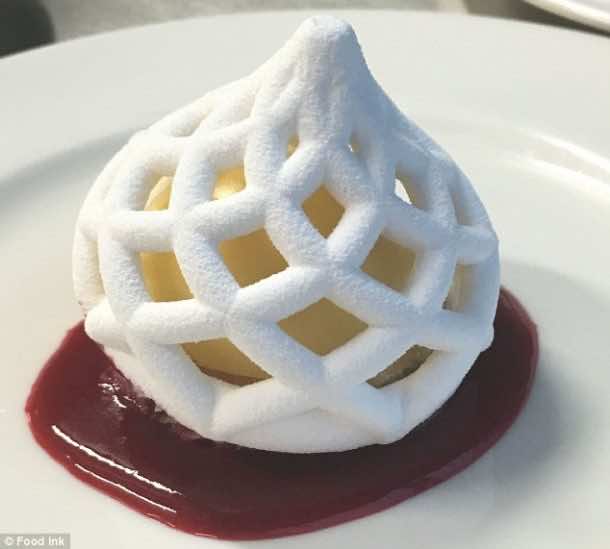
The project aims to enhance the customer’s dining experience by inventive and complementary use of technology and food.
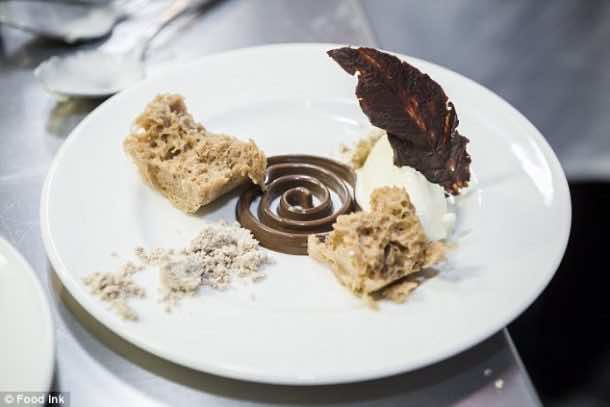
For some people, £250 is too high a price to eat paste-like food with plastic spoons. However, the team behind the Food Ink believes:
‘..that technology needs to serve a purpose, and we are using it to add magic to the magic. We are putting at work most innovative technologies, like 3D-printing and augmented reality, in order to elaborate the most exquisite interactive edible experience. While there is no real magic here, our energy is dedicated to make every moment an enchantment.’
The patrons of Food Ink will be presented a nine-course menu printed via live real-time 3D-printing.
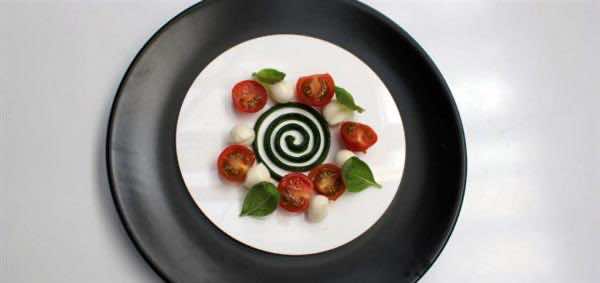
Food Ink is guarding its menu like an ancient secret till the launch of the restaurant.
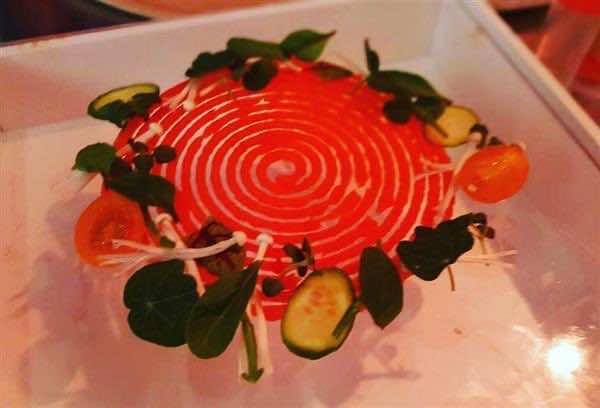
When questioned about the menu, Sasha Mather, the Communications Director at Food Ink commented:
‘Meat is tricky to print for sanitary concerns and in terms of generating a genuine texture or “mouth feel”.’
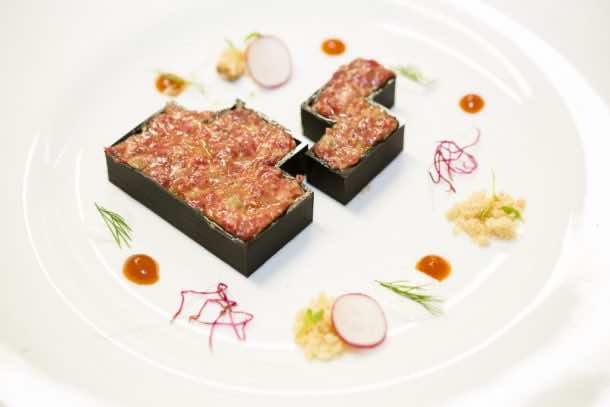
The café will use a 3D-printer produced by ‘byFlo’ that extrudes materials in the form of a paste. The robotic assembly of the byFlo material is so precise that it can create intricate patterns using food paste.
‘For now, the primary material has to take the form of a paste, because it is extruded through the byFlow cartridge needle in the same way a chef would, through a pastry bag. The robotic limb has greater precision than any human hand, however, and it also facilitates control of the molecular gastronomy of the printed food.’
Given the whopping price tag, it is quite understandable that not everyone would be able to visit the diner.
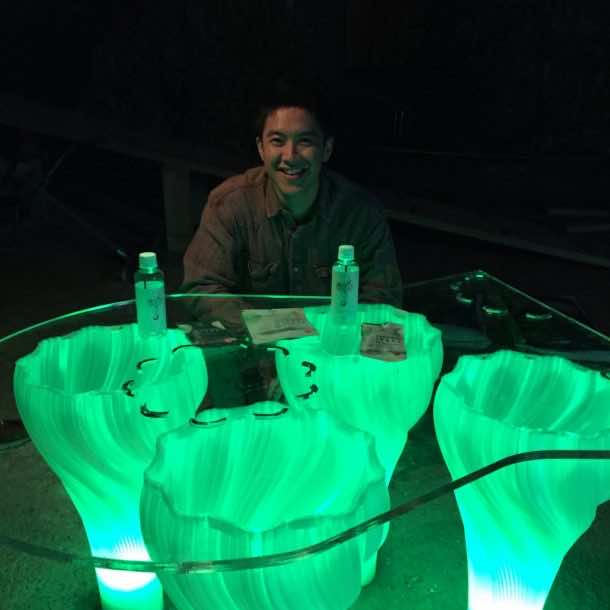
Thus, Food Ink plans to livestream its event for the benefit of the global audience.
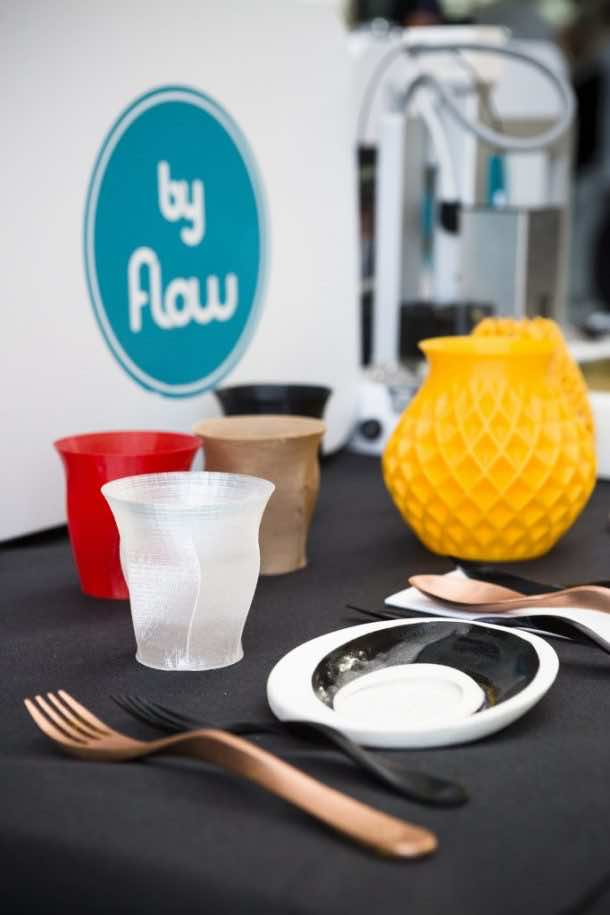
Apart from the food, the tables, chairs, lamps, and utensils of Food Ink have also been produced via 3D printing.
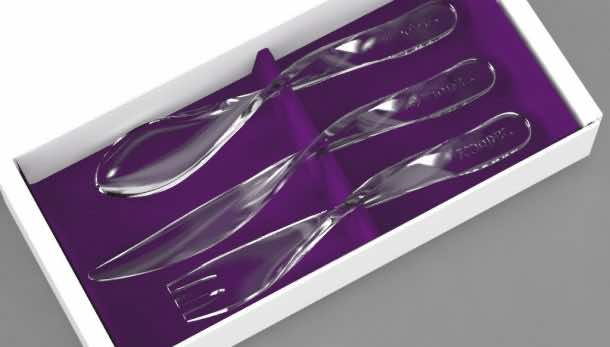
Food Ink aims to provide a complete futuristic dining experience to its patrons using the VR headsets and enjoy the music generated by an AI computing machine.

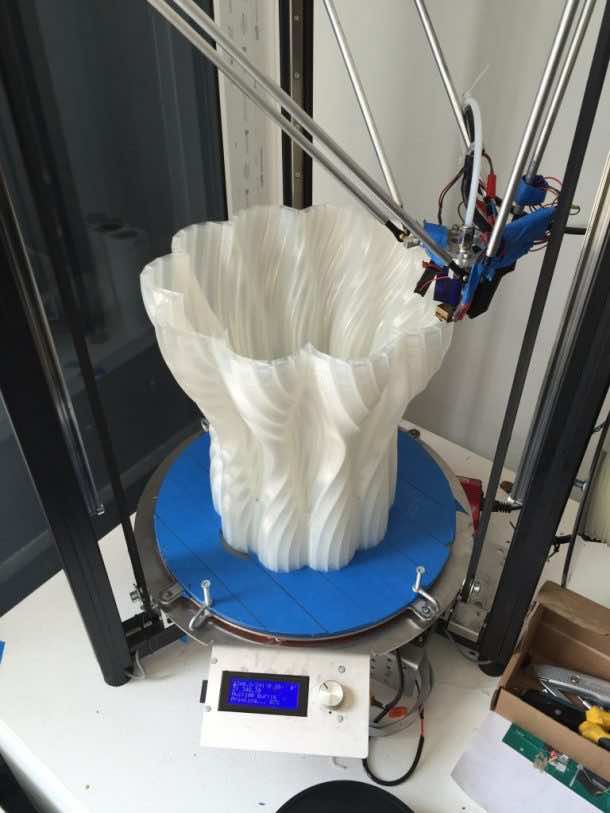
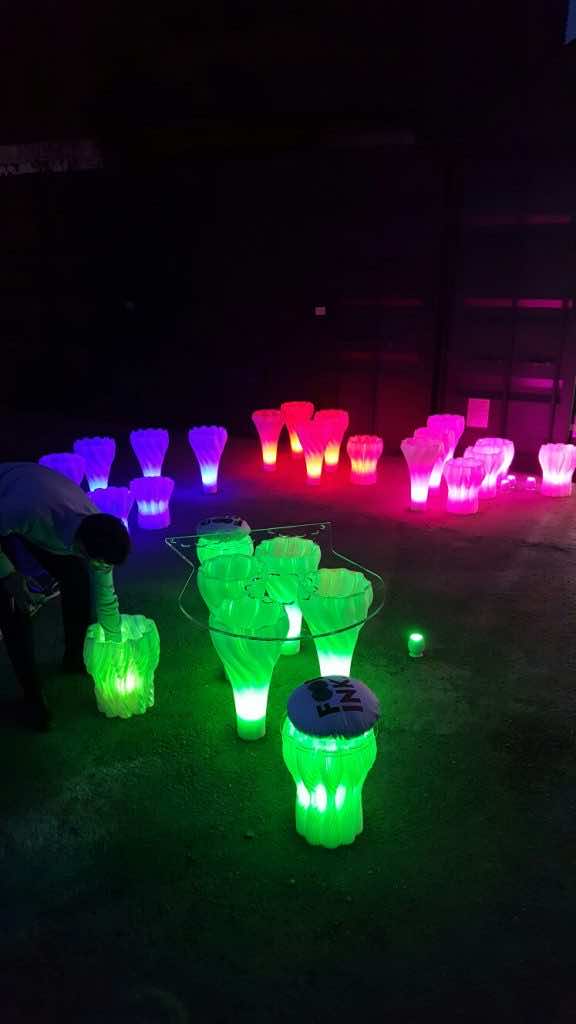
Food Ink claims that it wants to:
‘… Use the universal language of food as a fun and accessible way to promote awareness about the amazing possibilities of 3D-printing and other promising new technologies. Our 3D-printing dinner series serve as a platform for a public conversation about how these emerging technologies are rapidly challenging and changing the way we eat, create, share and live.”
Previously, Food Ink created microchip-like designs using 3D-printed chocolate.
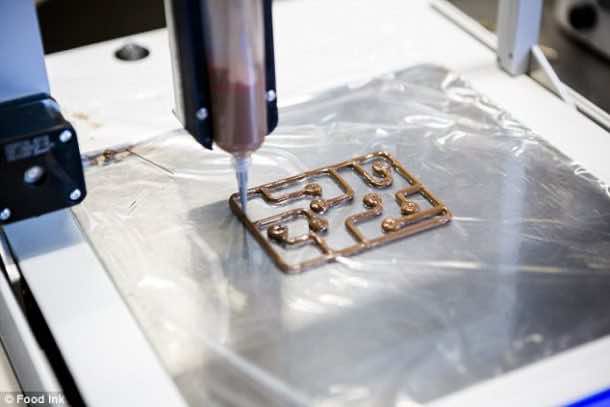
See a few more images of the delectable, scrumptious plates of food below:
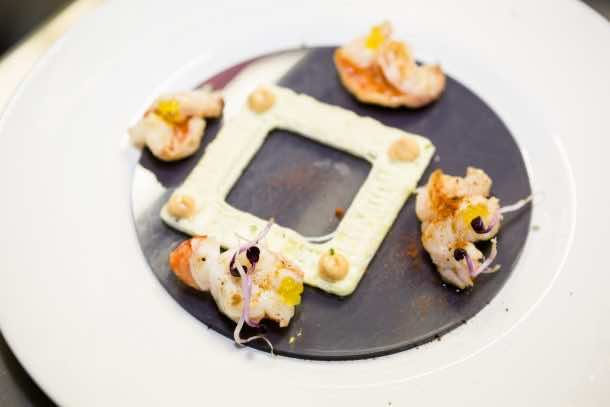
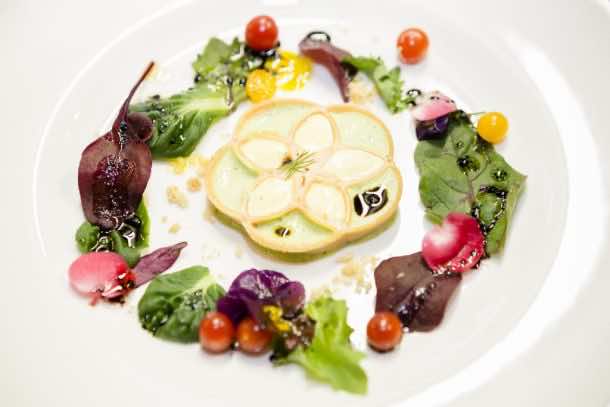
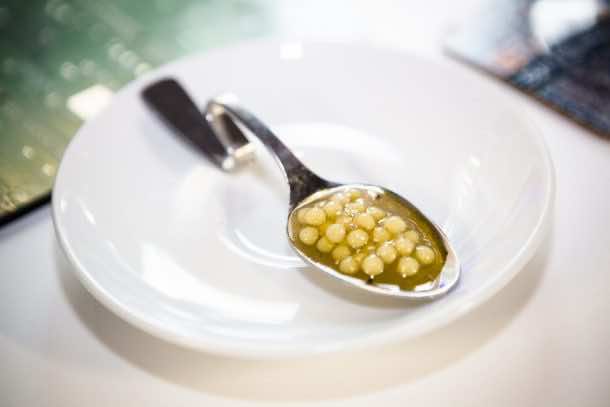
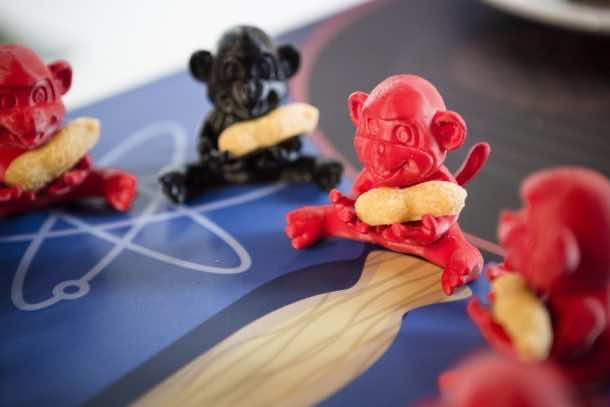
You can learn more about food Ink in this video:


